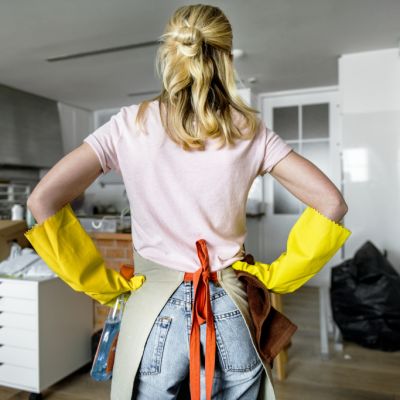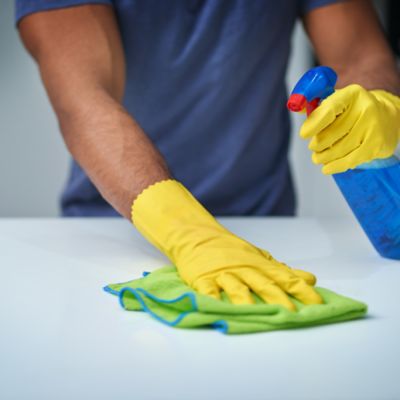How to know if your house smells bad and what to do about it
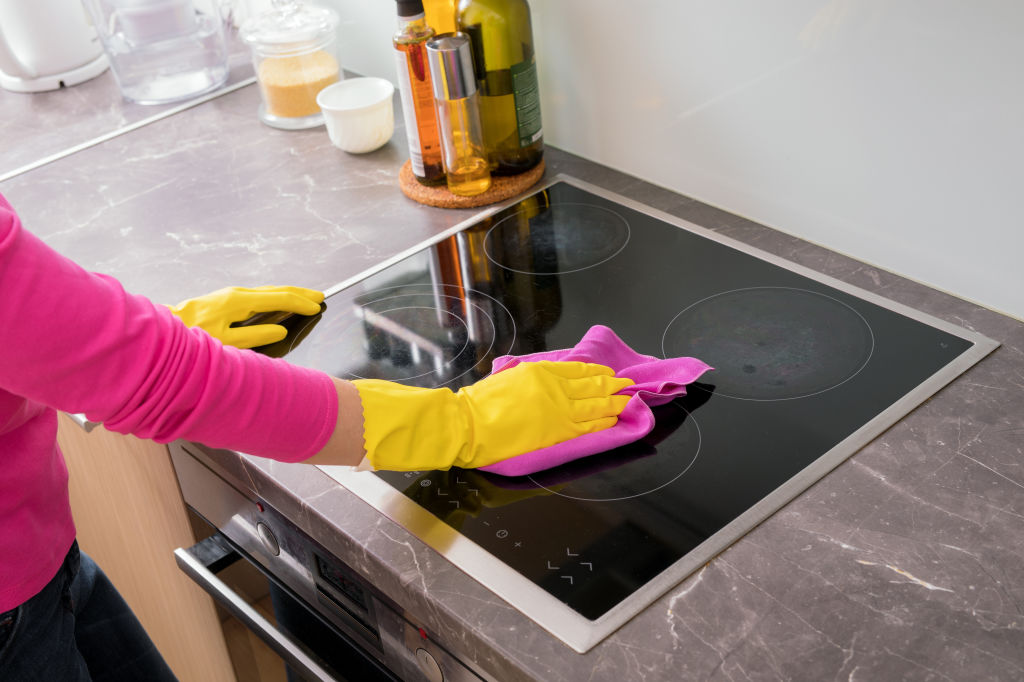
Next time you have a moment, take a deep breath inside your house and really pay attention to what you’re smelling.
Is there dog funk in the carpets? Is that a damp mould smell permeating from your wardrobes? What about last night’s fish tacos? Has that smell really disappeared?
The smells that surround us in our own homes day in and day out become so comfortable for us to be around that our brain starts to block them out.
But for guests that are new to your environment, those smells are new and bold and possibly a little eye-watering.

Pay attention to what your house smells like when you come home from your next holiday away. That’s what your house smells like to visitors any time they pop by.
University of Otago senior lecturer in sensory science Mei Peng said this phenomenon of blocking smells out was called sensory adaptation, or — in layman’s terms — noseblindness.
While you might be used to your cat’s filthy litterbox smell in your laundry room, if your friend comes over and hasn’t encountered that smell before then it can be quite eye-watering.
Peng said the theory was similar to what happened when spraying on perfume. The new compounds interacted with the smell receptors in the nose which, after a short time, stopped reporting the signal to the brain.

Once the brain had determined that the new smell wasn’t a threat, there was no longer any reason to keep reacting to it.
Just like background noise was eventually blocked out, smells would become background smells after a time, Peng said.
It was all about resource saving for the brain.
She said there was still a lot of research to be done in this field, but generally pleasant smells were adapted to more quickly than unpleasant smells, like mould or rot.
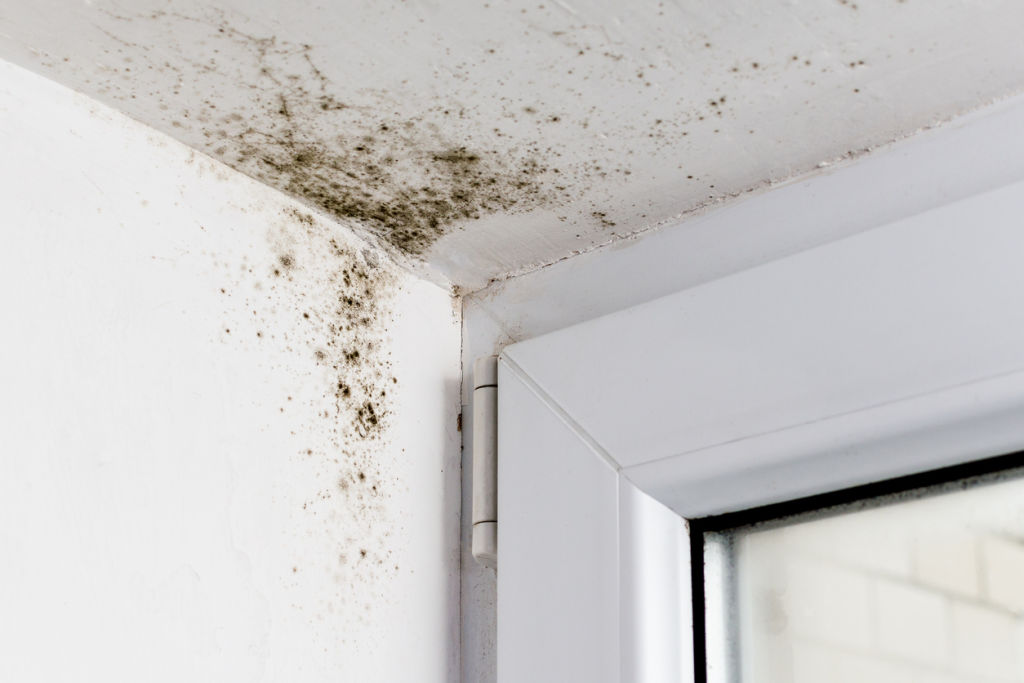
If you and your family live a full and rich life in your home, complete with pets and home-cooked meals then there’s probably no escaping the many layers of house smells that build up over time.
But there are some common culprits for truly bad household smells that you can eliminate and stay on top of, so at least the smell associated with your house is a bit nicer than a mouldy basement or your kids’ used gym gear.
Hire a Housewife managing director Natasha Harding said common places for smells to lurk were sink drains in the kitchen and bathroom, carpets and rugs and anywhere mould could grow.
Harding said her cleaning crews often encountered windows or frames that hadn’t been cleaned in years. She said the best way to clean these was with white vinegar, which could kill most of the mould spores and prevent them from returning.
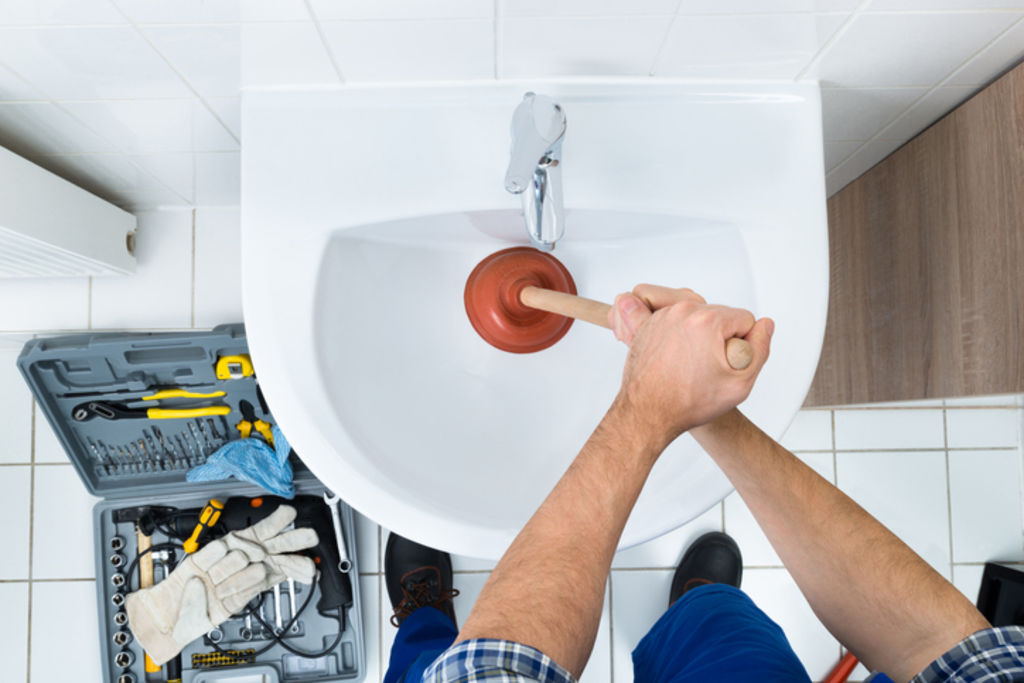
Another culprit of a stinky house could be kitchen sink drains, Harding said.
“Drains in the kitchen or bathroom can, over time, have a strong smell and build up. A lot of people wash fat down their sinks and, when it is hot, it goes down fine, but, as it cools, it can harden and clog the drains,” she said.
Pouring boiling water, half-a-cup of table salt and then more boiling water could help clear the kitchen sink and waste disposal.
“Another great trick is to grind a lemon, lime or orange peel down the waste disposal unit, this leaves your disposer smelling fresh and clean. This not only helps maintain a clean drain, but also acts as a deodoriser and diffuses your kitchen with a fresh citrus scent,” Harding said.
She said baking soda and essential oils soaked into carpets and then vacuumed up could deodorise carpets and rugs.
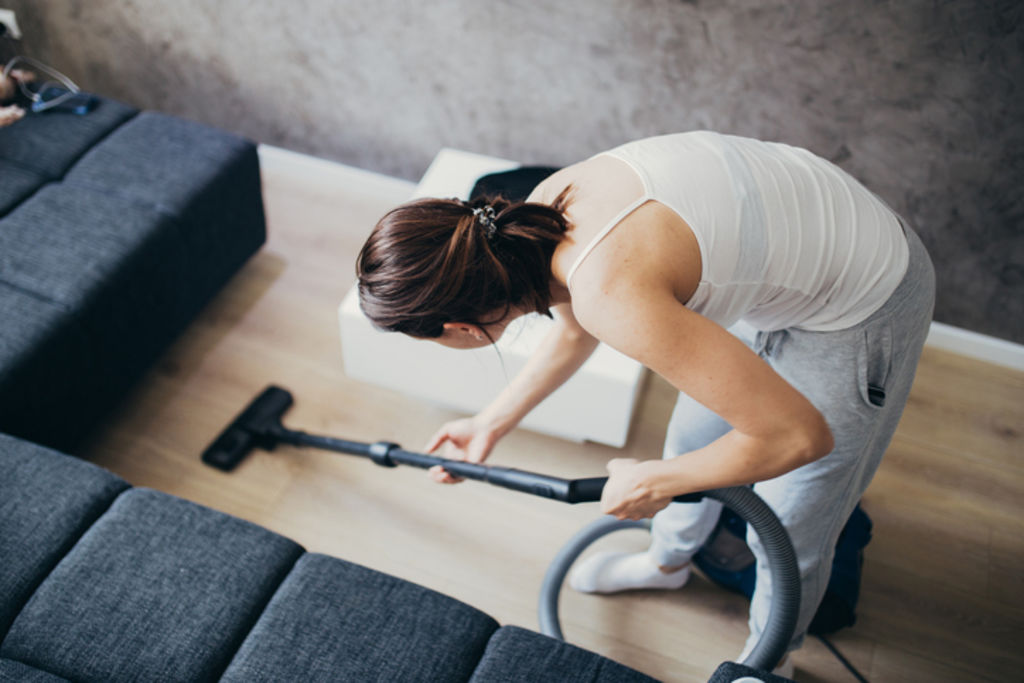
Top tips for keeping on top of the bad smells:
- Empty bin and use an eco-friendly disinfectant and rinse in hot water.
- Don’t store rubbish bags inside.
- Open your home up every opportunity and air it out.
- About once a month, rinse your drains with a mix of baking soda, vinegar or salt mix with boiling water.
- Clean your washing machine and leave the door ajar. Use a mixture of white vinegar and baking soda to wipe down the affected areas. Smells build up when the washing machine door is closed due to moisture.
- Once a month, do an empty hot water cycle with a dish tablet to give your washing machine a good clean. Household appliances that come in constant contact with water can harbour mould, which is the perfect breeding ground for smelly bacteria, make sure you keep these areas clean.
- Clean around the floor and toilet bowl once a week, as boys can tend to miss and it can add to bad smells around the home.
- Regularly change your sheets (once a week).
- Don’t leave unclean washing in the basket for long – wash as regularly as you can.
- If you have a compost, empty it daily, as it can add to smells around the home.
This article originally appeared on stuff.co.nz
We recommend
We thought you might like
States
Capital Cities
Capital Cities - Rentals
Popular Areas
Allhomes
More
